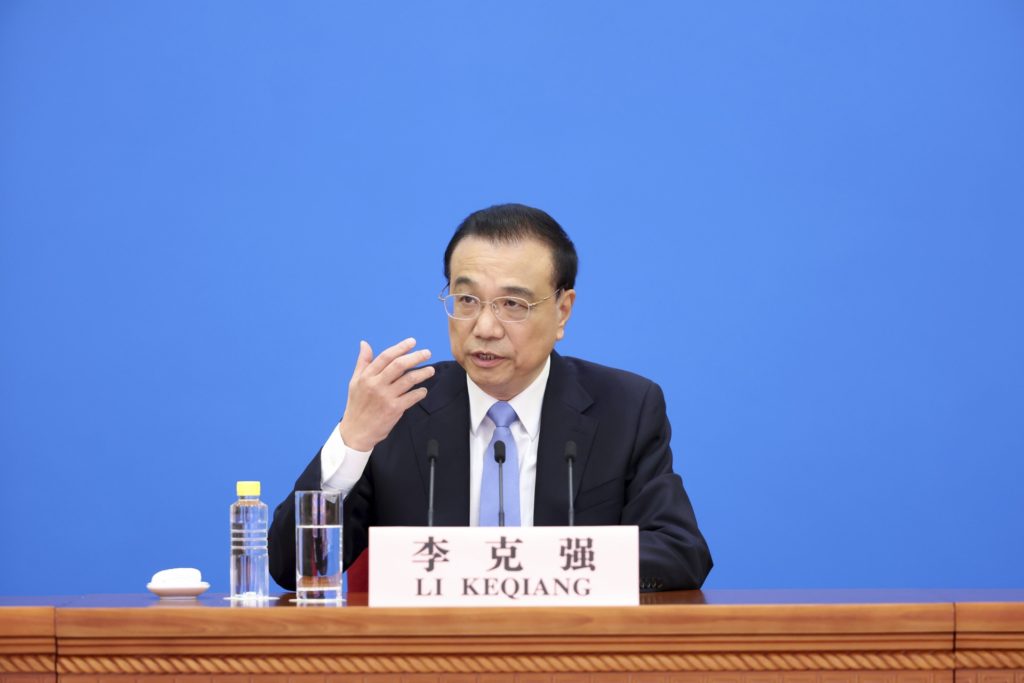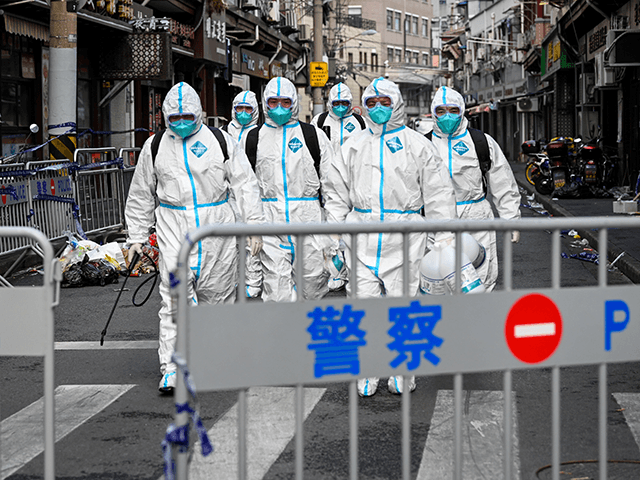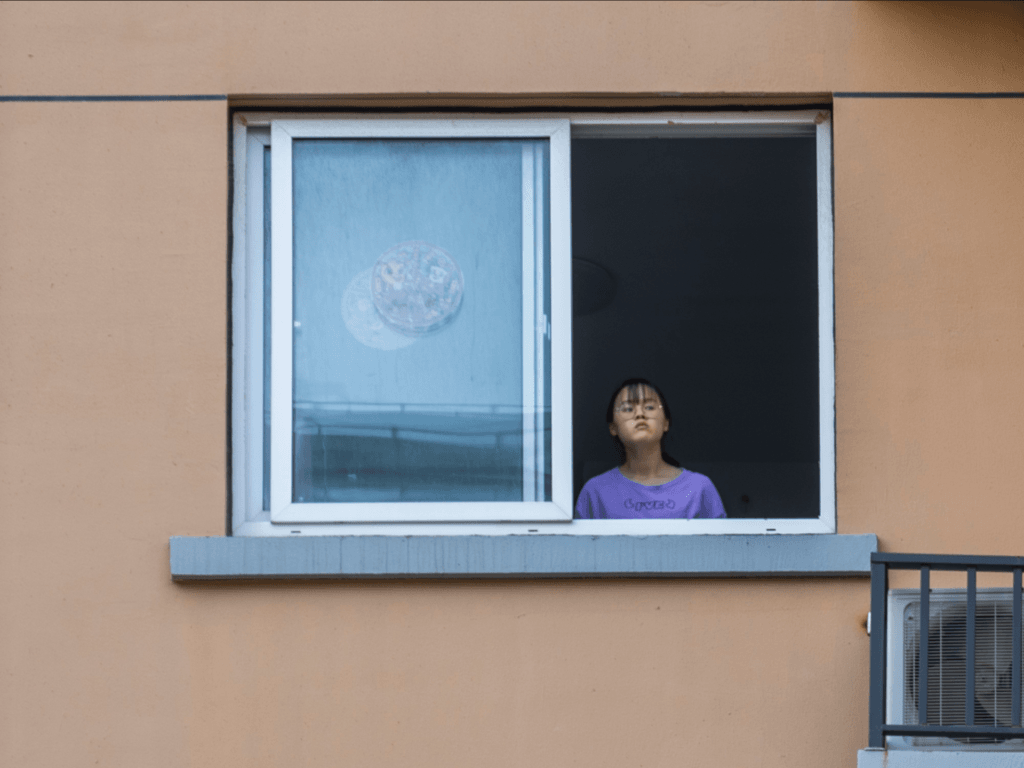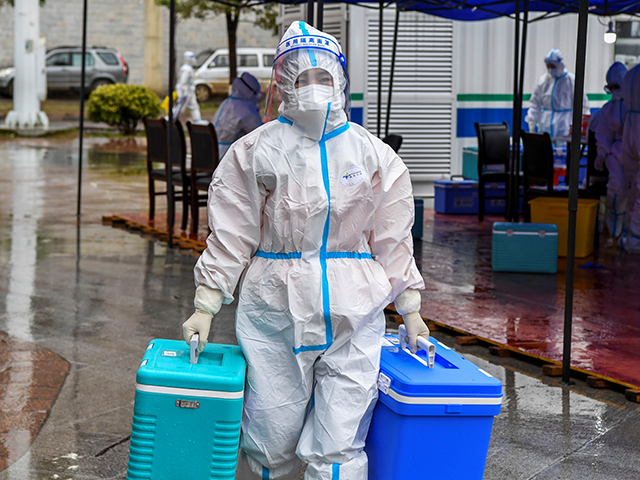Chinese Premier Li Keqiang on Tuesday struggled to reassure foreign investors that China’s constant coronavirus lockdowns will not cripple the national economy, even as China’s top pandemic official said that more “zero-Covid” lockdowns have not been ruled out.
China’s state-run Global Times unsurprisingly declared Li’s virtual meeting with World Economic Forum (WEF) chairman Klaus Schwab to be a home run:
The latest official avowal of wider market access and reasonable economic growth delivers a reassuring message to the foreign business community, a vibrant part of the world’s second-largest economy, market observers said, arguing against unfounded Western media hype that multinationals are rushing to relocate in other markets.
That the economy managed to withstand varied headwinds to record an expansion during the second quarter on the back of a raft of timely and effective pro-growth measures, reinforces market belief that the country is heading toward benign growth even though meeting the official growth target of around 5.5 percent appears challenging, experts said.
Li was upbeat in his address to the 400 participants in the WEF’s Special Virtual Dialogue with Global Business Leaders later that day, promising that China will “continue to pursue all-round opening to both developed and developing countries, work with other parties to uphold the multilateral trading regime with the WTO [World Trade Organization] at its core, and promote free trade and fair trade.”

In this photo released by China’s Xinhua News Agency, Chinese Premier Li Keqiang speaks during a press conference after the end of the closing session of China’s National People’s Congress (NPC) at the Great Hall of the People in Beijing, Friday, March 11, 2022. (Ding Haitao/Xinhua via AP)
According to the Global Times, Li reassured the WEF forum that China will “aim for more precise and scientific Covid-19 prevention,” using methods that are less likely to disrupt international travel and commerce.
“The fresh message of reassurance apparently ratchets up optimism about multinationals playing a more vibrant part in revving up the economy,” the Global Times chirped, citing reports that purportedly show foreign investment in China began recovering in 2022 after a dour 2021. The article cited some recently-announced factory construction sites to suggest foreign companies are not nervous about opening businesses in lockdown-prone Chinese cities.

Health workers in protective gear walk out from a blocked off area after spraying disinfectant in Shanghai’s Huangpu district on January 27, 2021, after residents were evacuated following the detection of a few cases of COVID-19 coronavirus in the neighborhood. (STR/AFP via Getty Images)
Li Keqiang admitted to the WEF that China’s economy “came under greater sudden downward pressure at the start of the second quarter amid a new round of virus fallout,” but claimed Chinese officials responded with “a decisive and timely fine-tuning that put economic stabilization on the front burner.”
Li said these shrewd policies helped the Chinese economy stage a “comeback” in June, with declining urban unemployment and second-quarter economic growth, so he urged foreign investors to embrace “sobriety” and keep their bets on the table while Beijing hopes for five percent growth this year.

A girl looks from a window in a residential area on April 12, 2022 in Shanghai, China. Some 25 million people in Shanghai are in the second week of a strict lockdown, after a surge in Omicron cases. (Getty Images)
On Thursday, Vice-Premier Sun Chunlan contradicted Li’s fulsome promises by telling the Chinese people not to expect any easing of destructive “zero-Covid” lockdown policies.
“The latest [Chinese coronavirus] control playbook is not about relaxing rules, but about precision, which requires greater efforts to grasp prevention and close loopholes,” Sun said during a visit to Hebei province, which endured coronavirus lockdowns in March.
Also contradicting Li’s upbeat predictions was the latest batch of Chinese economic reports, which described a state of affairs almost completely opposite from the picture Li painted for the WEF: unemployment is up, second-quarter growth was the worst since the early days of the Wuhan coronavirus pandemic, consumer spending is declining, the housing market is teetering, and another round of lockdowns could trigger an economic meltdown.
Coronavirus outbreaks are currently in progress in over a dozen Chinese cities, with hundreds of millions of people under lockdown or serious travel restrictions. One reason both Chinese residents and foreign businesspeople are so nervous is that zero-Covid lockdowns are usually imposed without warning since, otherwise, local residents would flee.
That happened in the southern tech hub of Shenzhen this week when the inhabitants of a residential district jumped fences and smashed barricades to escape because they correctly suspected their neighborhood was about to be locked down.
Other large Chinese cities, including lockdown-ravaged Shanghai, are nervous because health officials are ordering mass coronavirus testing – a practice seen as the most reliable precursor to surprise lockdowns.
Sun instructed Chinese citizens to set aside their “weariness and fatigue” with lockdowns and get ready for more suffering in order to ensure “a successful opening of the 20th Communist Party Congress” in the fall. The Congress will most likely see dictator Xi Jinping claim an unprecedented third term in power.

COMMENTS
Please let us know if you're having issues with commenting.